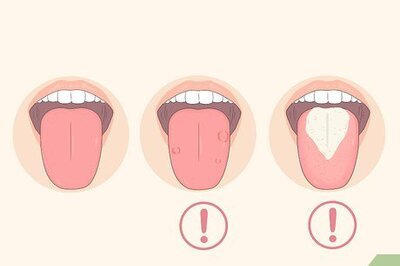
views
There are several possible risks involved with becoming a father later in life, which is commonly considered 40 years or older. One of the primary concerns is the decline in sperm quality, which includes factors such as reduced sperm motility, lower sperm count, and increased DNA fragmentation. Men who are older have more rounds of sperm replication, which increases the likelihood of mutations and genetic abnormalities. These mutations can cause a variety of genetic problems in their offspring, including a higher likelihood of congenital impairments, schizophrenia, and autism spectrum disorder.
Another significant risk is the potential for de novo mutations. These are new mutations that are not found in the reproductive cells of older men but rather arise in their sperm. The prevalence of these de novo mutations rises with paternal age and can be inherited by the offspring. Developmental abnormalities and syndromes like Noonan syndrome and Apert syndrome are more likely because of this.
Moreover, there is a correlation between a child’s chance of developing complicated psychiatric illnesses and the elderly age of the father. Studies suggest a correlation between older paternal age and a higher incidence of conditions like bipolar disorder and attention deficit hyperactivity disorder (ADHD). Although the precise processes are not well known, it is thought that the accumulation of genetic mutations over time has some impact.
Although the risks of older maternal age are more obvious and well-studied, paternal age also has a major impact on the results of reproduction and genetics. It is critical to remember that not all children of older fathers will face similar problems, and a variety of factors, such as the child’s general health, lifestyle, and exposure to the environment, are significant contributors to their well-being.
There are dangers associated with sperm quality and genetic mutations that come with becoming a parent later in life, and they can affect the health and development of the baby. To comprehend the possible effects on their future offspring, prospective older fathers should be informed of these risks and may want to think about genetic counselling.




















Comments
0 comment